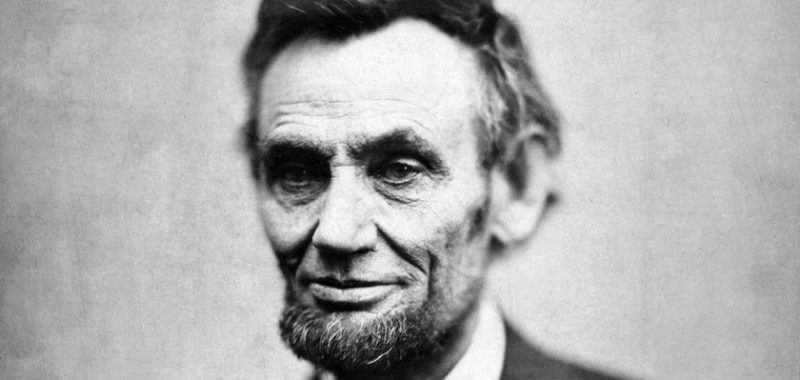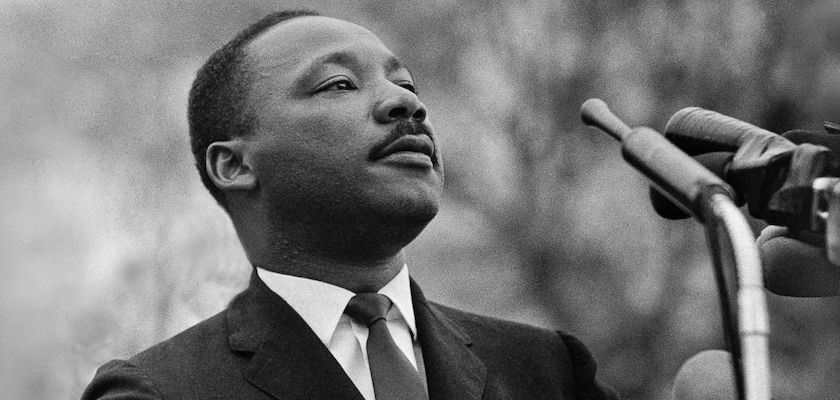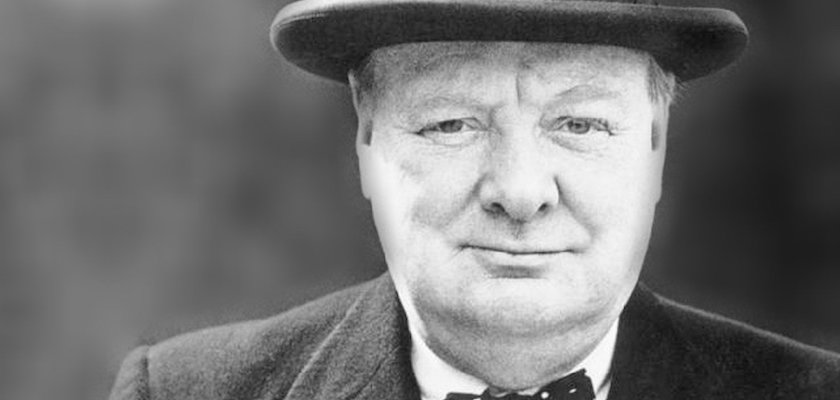Why Lincoln is an inspiration

We must reject the idea that our struggles with depression disqualify us from our destiny. Our inner battles do not preclude us from achieving great things: they qualify us.
History testifies to this.
Martin Luthor King Jr was known to experience bouts of severe depression; Winston Churchill (pictured, below) suffered terribly with his ‘black dog’; Theodore Roosevelt suffered a breakdown after his wife and mother died. And even Jesus is described in the Bible as a man of suffering who was acquainted with sorrows.
Public triumphs are almost always the result of private victories. Just ask Abraham Lincoln!
We all know about his public successes including the key roles he played in the eradication of slavery and the survival of the United States. Yet we know very little about Lincoln’s personal struggles. Well-meaning books and movies about his life airbrush them out of his story to preserve his heroic, statue-worthy status. This comes at a cost. We look to these ‘unblemished’ heroes and wrongly conclude that their own battle scars make them unworthy of the same greatness.

BOUTS OF DEPRESSION: Martin Luthur King Jr suffered mental struggles throughout his life.
Abe was intimate with despair. He suffered loss from an early age, including being regularly abandoned by his father and experiencing the death of his mother, sister, the love of his life and later two of his sons. This created a reservoir of grief in his soul leading him to be severely depressed. His friends wrote that he would “drip with melancholy as he walked”. At times they had to lock him in his room to prevent him from taking his own life.
This is what the man deemed by many to be the greatest American President endured behind closed doors. The key to his greatness, like so many men and women throughout history, was not that he was free from suffering – but that he did not surrender to it. Day by day, inch by inch, he fought back against the dark nights in his soul. This is the process that made him a great man and leader. It made gave him moral courage, resilience, strength and the emotional intelligence he needed to write those famous speeches that transformed a nation. It also gave him an unusual perspective. When the Confederates surrendered in 1865, giving up their attempt to split from the rest of the United States, Lincoln made it clear that he didn’t want any of their leaders or troops to be executed. He knew that compassion and kindness had healed his fractured soul and as such could heal a divided nation too.
So, if you are enduring a painful season now, don’t give up. Keep going. Take encouragement that your heroes once used every ounce of strength they had to get out of bed on their darkest days. At the lowest points in their lives, they were capable of achieving remarkable feats. You can, too.

Chris Kerr is a legal industry executive and a columnist for Sorted.

